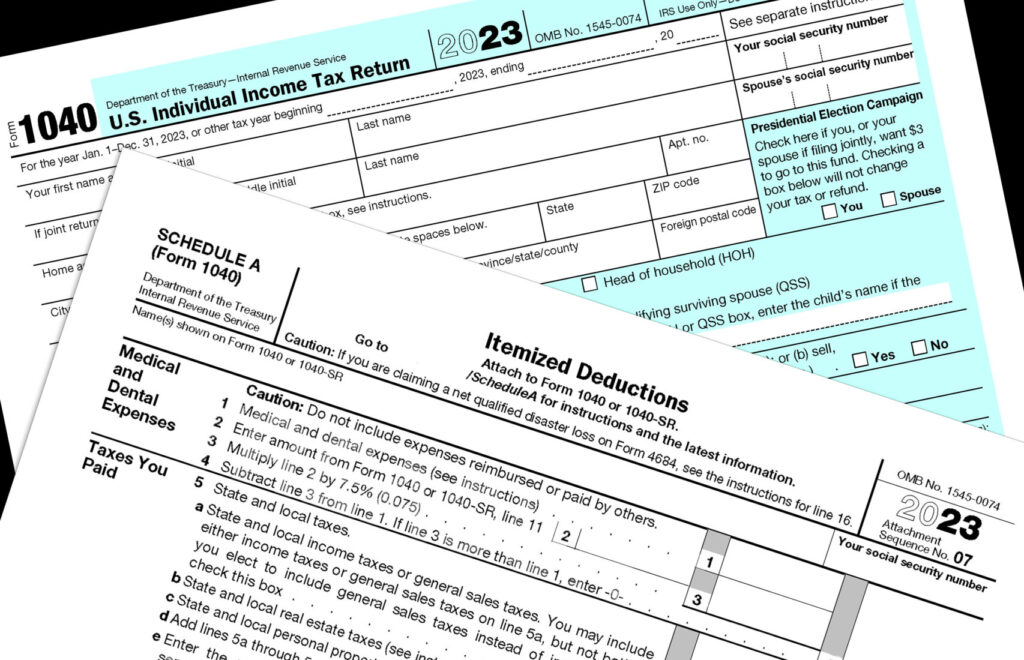Individual taxpayers can take deductions that reduce the amount of taxable income on their federal income tax returns in one of two ways: itemize deductions or utilize the standard deduction. Taxpayers should consider both options and select the method that minimizes their income tax liability. Since tax laws change frequently, it is not safe to assume that the method used in prior years will still be the best option in the current year. It is important for taxpayers to identify all potential deductions and consider the details below to determine whether taking the standard deduction or itemizing will result in the lowest amount of taxes due.
The standard deduction amount adjusts every year and can vary by filing status and additional factors, including age and whether the taxpayer can be claimed as a dependent by another taxpayer. Taxpayers who are age 65 or older on the last day of the year and do not itemize deductions are entitled to a higher standard deduction.
If any of the following apply, the taxpayer cannot claim the standard deduction:
- A married individual filing separately whose spouse itemizes deductions
- An individual who files a tax return for a period of less than 12 months because of a change in his or her annual accounting period
- An individual who was a nonresident alien or a dual-status alien during the year (nonresident aliens who are married to a U.S. citizen or resident alien at the end of the year and who choose to be treated as U.S. residents for tax purposes can take the standard deduction)
If any of the above situations apply, taxpayers will need to itemize deductions. Taxpayers may also choose to itemize deductions when this amount is greater than their standard deduction. A taxpayer may benefit by itemizing deductions for things such as:
- State and local income or sales taxes
- Real estate and personal property taxes
- Mortgage interest
- Personal casualty and theft losses from a federally declared disaster
- Donations to a qualified charity
- Unreimbursed medical and dental expenses that exceed 7.5% of adjusted gross income
Itemized deductions are reported on Schedule A of the Federal Form 1040, Individual Income Tax Return.
Final Thoughts
Taxpayers can refer to Topic No. 501, Should I Itemize? on the IRS website and click here for additional links to questions that can be answered by the Interactive Tax Assistant. Please contact the GYF Tax Services Group at 412-338-9300 if you would like assistance in determining the best option for your individual tax planning needs.








